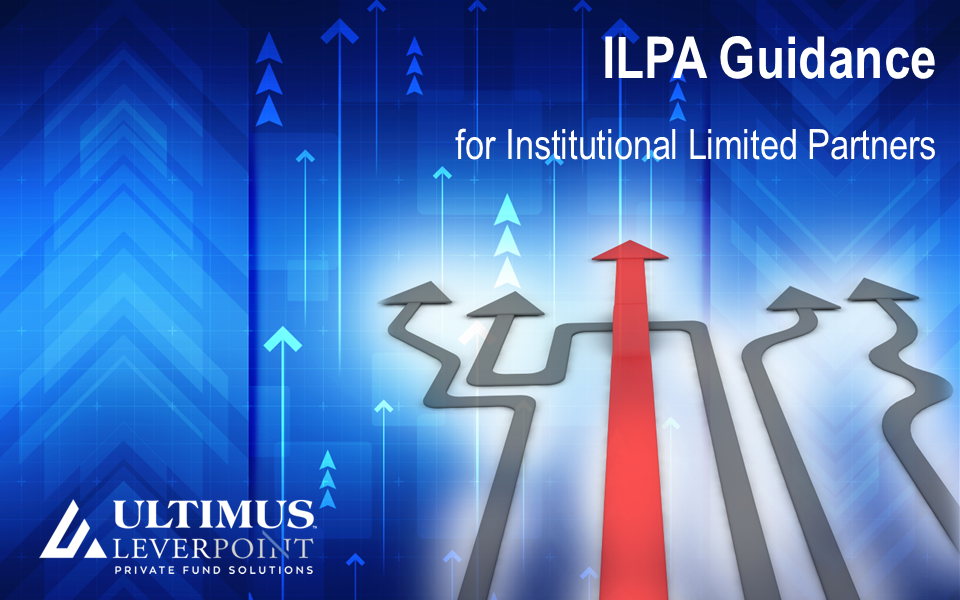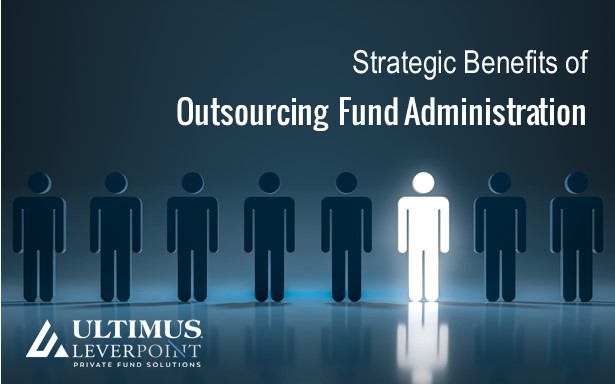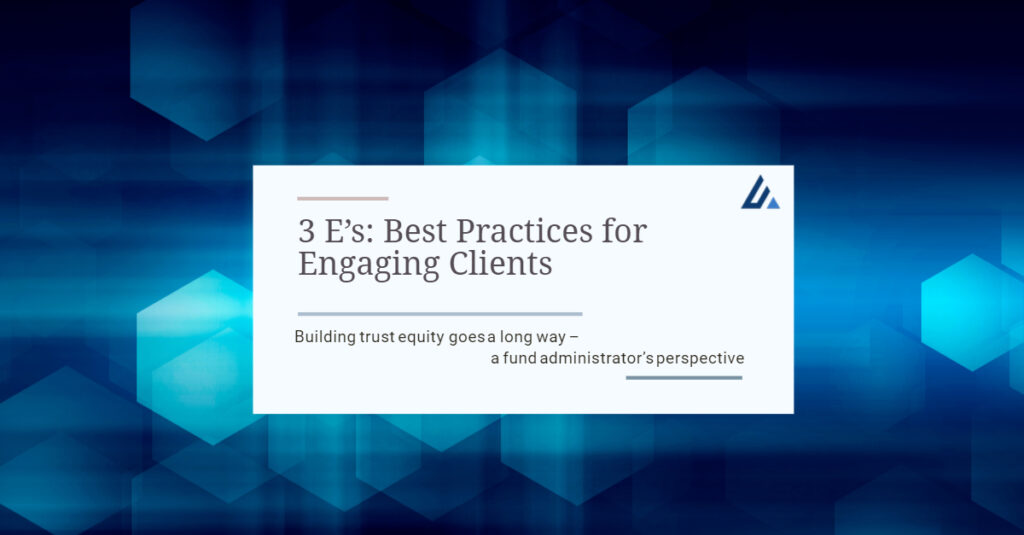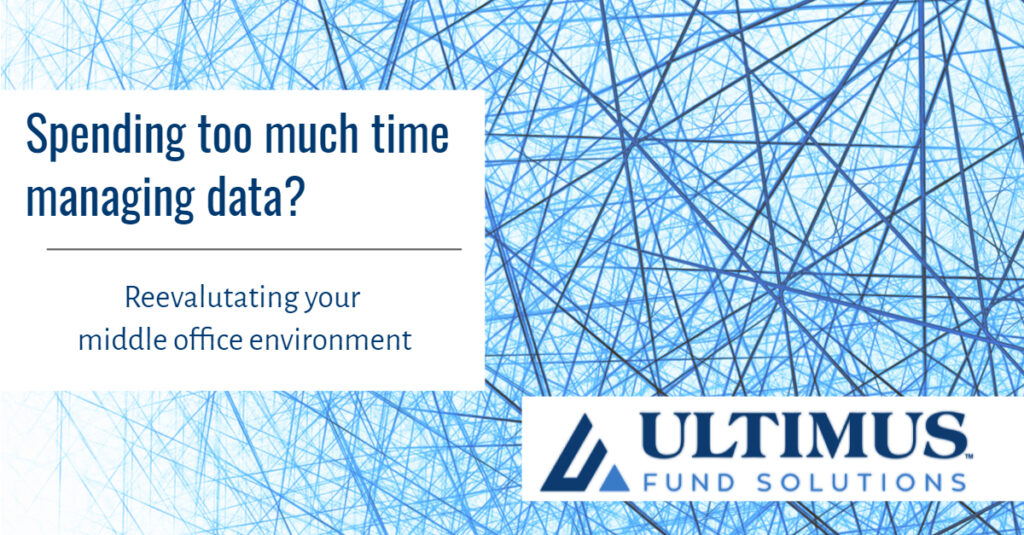ILPA Guidance for Institutional Limited Partners…and the Implications for Private Markets Fund Managers

Institutional investors have long advocated for themselves with private markets fund managers, whether for reduced fees, increased transparency, custom reporting, or more favorable limited partnership agreements, to name a few. But this highly fragmented approach has proven inefficient — and undoubtedly frustrating — for LPs and GPs alike.
What is ILPA?
The Institutional Limited Partners Association, better known as ILPA, stepped in to unify the voices of institutional LPs, bringing them together for education, resources, and networking purposes, while providing cohesive guidance and best practices to advance LPs’ interests. ILPA publishes a variety of industry guidance for LPs and GPs, including Principles 3.0, model LPAs and fund reporting templates.
ILPA’s member entities include public and private pensions, endowments, foundations, family offices, insurance companies, sovereign wealth funds and other institutional investors. In aggregate, allocations from ILPA’s 500+ global institutions comprise about 50% of capital invested with private equity fund managers. ILPA’s members include over 5,000 professionals in 50+ countries.
Clearly ILPA’s membership represents a powerful voice. As such, private markets fund managers should be aware of — and prepared to follow — ILPA’s guiding principles for alignment of interest, governance and transparency.
What Institutional LPs Seek…and How GPs Can Prepare
In this introductory blog, we share ILPA’s guidance for what LPs seek and GPs should know in three areas related to fund administration:
- Detailed financial reporting
- Operational transparency
- Independence and governance
ILPA guidance for detailed financial reporting
One of ILPA’s foremost goals is to promote transparency and alignment of interests between LPs and GPs. ILPA also advocates for uniformity in disclosures to LPs.
In 2015, ILPA surveyed its members and found that more than half of the institutions had developed custom templates to capture fee and expense information beyond that provided in standard GP reporting packages. In response, ILPA launched an initiative to establish more robust guidelines for fee and expense reporting and compliance disclosures.
ILPA packaged the standardized guidelines in financial reporting templates, enhancing the templates and adding new ones over time. LPs benefit from increased transparency and consistent information across fund managers. GPs benefit from being able to provide standardized reports following the ILPA templates, thereby reducing the need for custom LP reports. A sampling of these standardized reporting templates includes:
- Capital activity template: detailed capital call and distribution schedules
- Fee income template: detailed schedule with fees, expenses, carried interest and reimbursements
- Portfolio company template: details about each company, including invested capital and performance
ILPA guidance for operational transparency
In 2017, ILPA issued guidance for greater disclosures and clarity in partnership agreements regarding subscription lines of credit. But with inconsistencies remaining, ILPA in 2020 released additional guidance for quarterly and annual disclosures to provide LPs the necessary visibility to monitor the impact of subscription lines on both exposure and performance.
Levered and unlevered metrics. Because leverage is utilized by some managers, but not all, it is difficult to compare fund metrics across the industry. ILPA therefore provides specific guidance that fund managers report unlevered return metrics in addition to any levered metrics.
The following excerpt from ILPA guidance illustrates the effect on performance data of delaying the first capital call — by using a subscription line of credit.[1]
| Year | Transaction Type | Cash Flows (without line of credit) |
Cash Flows (with 1-year line of credit) |
Cash Flows (with 2-year line of credit) |
| 1 | Investment | -100 | ||
| Management Fees | -2 | |||
| 2 | Investment | -100 | ||
| Interest | -4 | |||
| Management Fees | -2 | -4 | ||
| 3 | Investment | -100 | ||
| Interest | -8 | |||
| Management Fees | -2 | -2 | -2 | |
| 4 | Management Fees | -2 | -2 | -2 |
| 5 | Management Fees | -2 | -2 | -2 |
| 6 | Management Fees | -2 | -2 | -2 |
| Realization | 162 | 162 | 162 | |
| IRR | 6.62% | 7.14% | 7.98% | |
| TVPI | 1.45x | 1.40x | 1.35x |
Terms and costs of the line of credit. Lines of credit also impact investors’ cash management strategies, as required paydowns may lead to large, unexpected accumulated capital calls. To address this liquidity risk, ILPA also released guidance for transparency into the key terms and costs associated with subscription lines of credit.
ILPA guidance for independence and governance
Investors — specifically institutional investors — seek a layer of independence and governance at the fund manager when it comes to the reporting structure. Fund administrators provide this additional layer of independence, as well as reporting and operational guidance, to ensure investor reporting and economics are in line with governing documents.
Institutional investors know that fund managers who’ve incorporated ILPA best practices for reporting, including ILPA templates and performance metrics, are following the industry “gold standard.”
How Fund Administrators Assist with the Implementation of ILPA Best Practices
Implementing ILPA’s reporting templates can be complex, but the benefits are clear-cut for both investors and fund managers. By outsourcing fund administration, GPs can minimize the cost and effort of satisfying institutional investors’ ILPA reporting requirements.
Fund administrators have the software solutions and technology to automate ILPA templates across a manager’s LP base. Fund administrators also have extensive in-house experience with ILPA-recommended reporting standards and performance metrics. Plus, as noted above, institutional investors favor the independence of third-party fund administration over in-house solutions.
ILPA empowers institutional limited partners through a unified voice and standardized approach for requesting transparency and disclosures from private markets fund managers.
At Ultimus LeverPoint, we see first-hand the influence of ILPA guidelines on institutional investor requests. Fund managers increasingly are being asked to follow ILPA recommendations, specifically with respect to fund reporting. ILPA’s reporting guidance minimizes the need for custom investor reports. That’s a win-win for GPs and LPs alike.
11831725 01/12/2021
[1] ILPA website download: 2020 Guidance – Enhancing Transparency Around Subscription Lines of Credit






